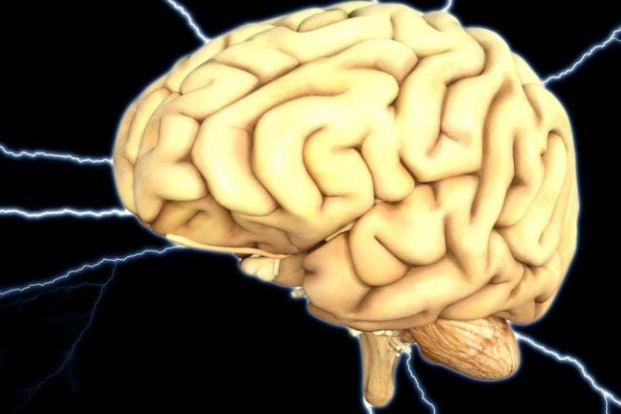Causes and risk factors related to Gliobastoma
Apr 19, 2022
Glioblastoma is the most aggressive cancer that begins within the brain. Initially, signs and symptoms of glioblastoma are non-specific.The risk factors associated with this type of brain cancer are specific. While the precise causes of glioblastoma are largely unknown, researchers have identified a list of characteristics that many patients have in common.

Causes of Glioblastoma (Brain Tumor):
Like most primary brain tumors, the exact cause of gliomas is not known. But there are some factors that may increase the risk of a brain tumor.
- Risk factors do not necessarily cause cancer to develop (for instance, reaching a certain age does not trigger cancerous changes within the body)
- Many people who have one or more glioblastoma risk factors never develop cancer
- Some people develop glioblastoma without having and of the known risk factors
Radiation – One of the most important glioblastoma risk factors is prior radiation exposure especially a history of receiving radiation therapy to the head or neck. People who have undergone radiation therapy as a treatment for leukemia, fungal infections of the scalp or previous cancers of the brain have an elevated risk of developing glioblastoma.
Genetic Predisposition – Other risk factors include being male, being 50 years of age or older and having chromosomal abnormalities. Certain genetic syndromes, such as neurofibromatosis (type 1 and type 2) tuberous sclerosis and von Hippel-Lindau disease can also make a person more likely to develop brain cancer.
Lifestyle factors – Some studies have suggested that excessive alcohol consumption may also increase a person’s risk, although smoking does not seem to be strongly associated with the development of glioblastoma.
People who have one or more of these risk factors take special note of headaches, memory loss, speech problems and issues with their vision.





